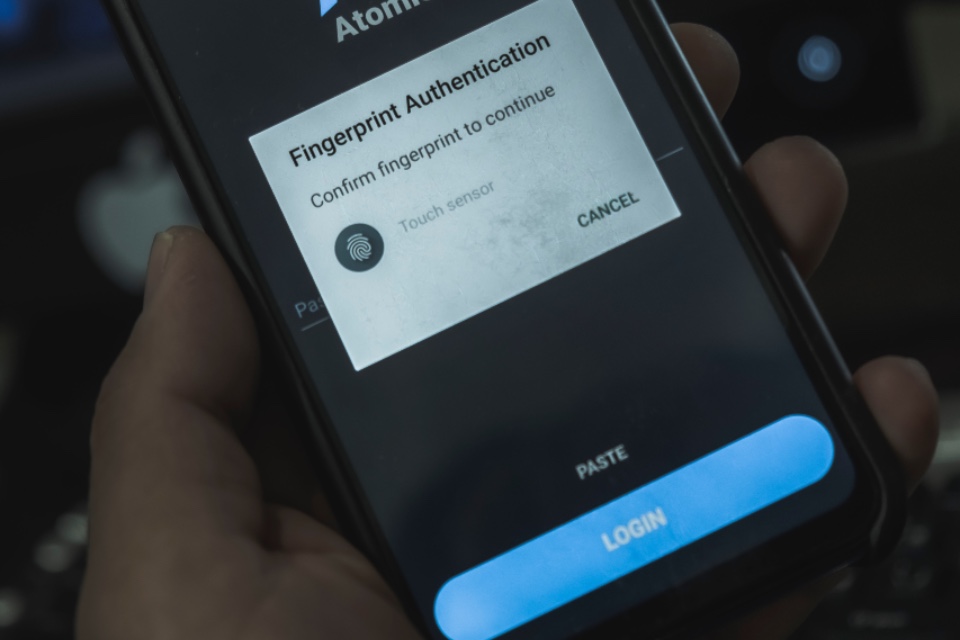June is Digital Identity Verification Month on Fraud Prevention Briefing – Here’s how to get involved!

Each month on Fraud Prevention Briefing we’re shining the spotlight on a different part of the market – and in June we’ll be focusing on Digital Identity Verification Solutions. It’s all part of our ‘Recommended’ editorial feature, designed to help industry buyers find the best products and services available today. So, if you specialise in Digital Identity Verification […]
DIGITAL IDENTITY VERIFICATION MONTH: How to evaluate solutions and pick the best partners

As online transactions grow, so does the sophistication of fraudsters employing tactics like identity theft and synthetic fraud. For senior professionals charged with combatting merchant fraud, sourcing the right digital identity verification suppliers is essential for safeguarding customer trust and business operations. Here’s how delegates at the Fraud Prevention Summit are evaluating and selecting the […]
DIGITAL IDENTITY VERIFICATION MONTH: Five trends to watch out for in 2025

In 2025, the retail and e-commerce sectors are facing ever-evolving fraud threats, making digital identity verification a critical component of fraud prevention strategies. The industry is leveraging cutting-edge trends to protect customers and businesses while ensuring smooth transactions. Here are the key trends shaping the future of digital identity verification in the fight against fraud… […]
DIGITAL IDENTITY VERIFICATION MONTH: Best practices for balancing security and UX

Digital identity verification is a critical tool for preventing fraud, but poorly implemented solutions can frustrate customers and lead to cart abandonment. For anti-fraud professionals in the retail and e-commerce sectors, finding this balance is key to protecting businesses while maintaining customer loyalty. Here are best practices for implementing effective identity verification systems in 2025… […]
January is Digital Identity Verification Month on Fraud Prevention Briefing – Here’s how to get involved!

Each month on Fraud Prevention Briefing we’re shining the spotlight on a different part of the market – and in January we’ll be focussing on Digital Identity Verification. It’s all part of our ‘Recommended’ editorial feature, designed to help industry buyers find the best products and services available today. So, if you specialise in Digital Identity Verification and […]
DIGITAL IDENTITY MONTH: Choosing the best solutions for your business

The UK’s ecommerce and financial services sectors are constantly battling fraudsters who exploit vulnerabilities in online transactions. Digital identity verification solutions have become frontline tools in this fight, but with an abundance of providers, choosing the right partner can be daunting. Here are our top tips for anti-fraud professionals to source trusted digital identity verification solutions… 1. Go Beyond […]
DIGITAL IDENTITY MONTH: The past, present and future of fraud prevention for online brands

The digital landscape has undergone a significant transformation in recent years, with online commerce booming and the need for robust security measures becoming ever more critical. At the forefront of this evolution lies the realm of digital identity verification – the process of confirming a user’s online identity. Let’s delve into the fascinating journey of digital identity verification […]
If you specialise in Digital Identity Verification Solutions we want to hear from you!

Each month on Fraud Prevention Briefing we’re shining the spotlight on a different part of the market – and in June we’ll be focussing on Digital Identity Verification Solutions. It’s all part of our ‘Recommended’ editorial feature, designed to help industry buyers find the best products and services available today. So, if you specialise in Digital Identity Verification […]
DIGITAL IDENTITY VERIFICATION MONTH: Key considerations when choosing your next supplier

In an era where digital interactions are the norm, the importance of robust digital identity verification cannot be overstated, particularly for anti-fraud professionals in the UK’s public and private sectors. The right digital identity verification solution can be the first line of defence against fraud. Here are top tips to guide these professionals in selecting […]
Digital Identity Verification Month: Balancing trust with the need to eliminate risk

In the UK, the landscape of digital identity verification is rapidly evolving, especially within the realms of commercial and public sectors. Anti-fraud professionals are continually adapting to the challenges posed by sophisticated cyber threats and the complexities of digital transactions… Historically, identity verification in both sectors primarily relied on physical documents and in-person checks. However, […]

